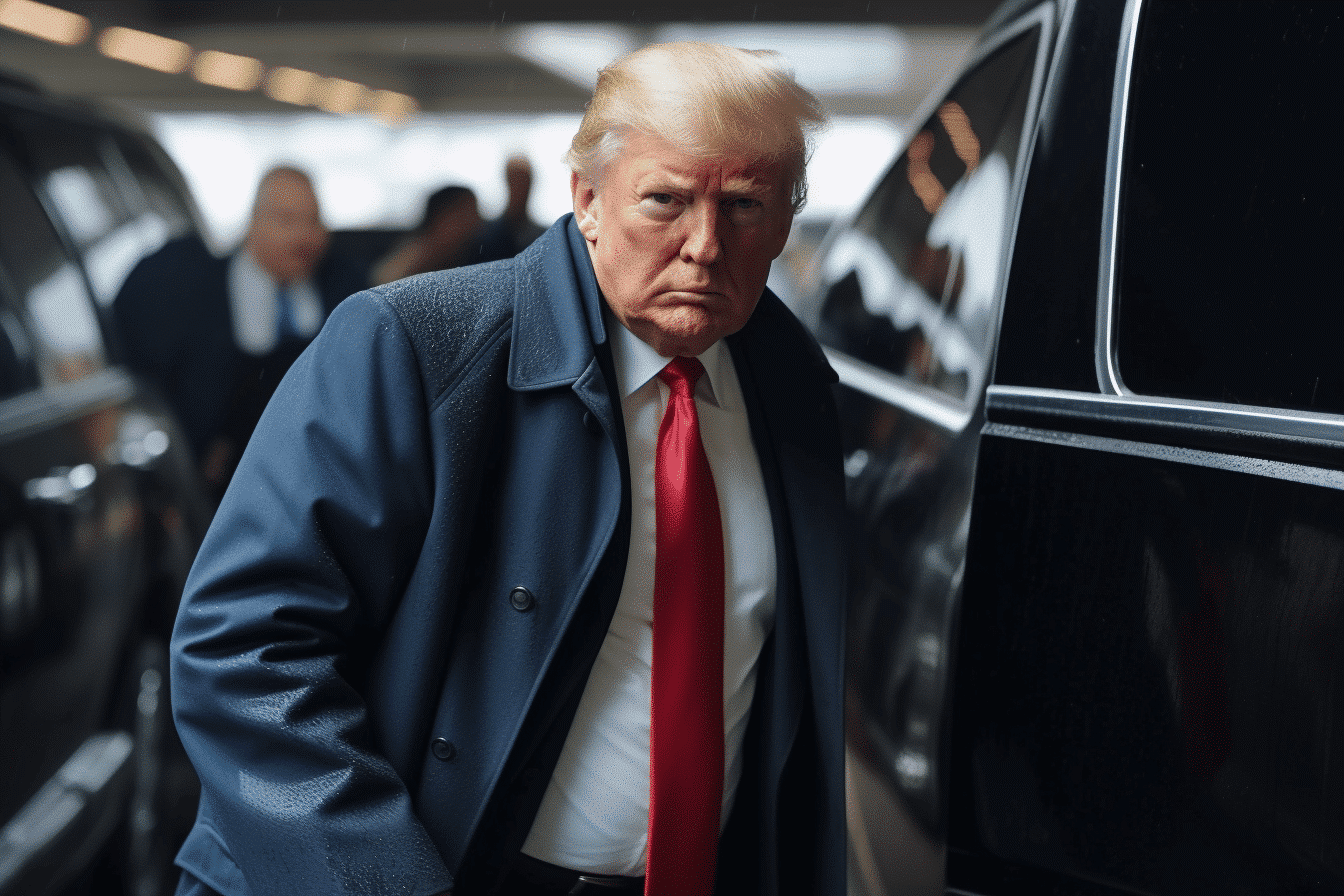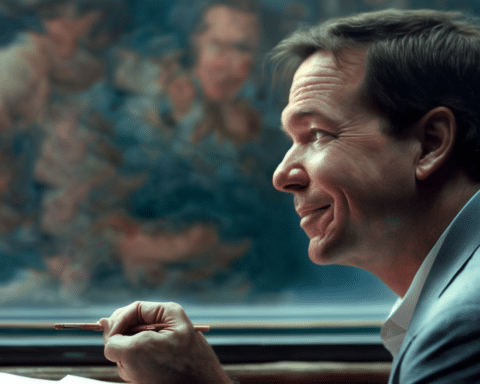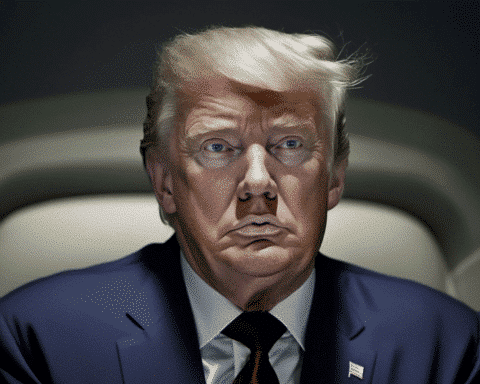In a historic moment that could redefine the boundaries of presidential immunity, former President Donald Trump found himself in a Washington federal appeals court, facing judges’ skepticism over his claim of immunity from prosecution. This case, revolving around allegations that Trump attempted to overturn the 2020 election results, not only tests the legal waters of prosecuting a former president but also delves into the intricacies of constitutional interpretation and presidential powers.
As Trump sat in the courtroom, the judges, including two appointed by President Joe Biden, expressed doubts about Trump’s argument for immunity. Judge Karen LeCraft Henderson, an appointee of former President George H.W. Bush, challenged this notion, stating, “I think it’s paradoxical to say that his constitutional duty to take care that the laws be faithfully executed allows him to violate criminal law.” This statement underscores the court’s critical view of Trump’s defence.
The judges also explored the jurisdiction issue, contemplating whether they could even consider Trump’s appeal at this stage. Trump’s lawyer, D. John Sauer, argued fervently for presidential immunity, warning of a Pandora’s box that could lead to politically motivated prosecutions. However, the judges remained unconvinced, with Judges Henderson and Florence Pan highlighting previous assertions during Trump’s 2021 impeachment trial that a former president is not immune from criminal prosecution.
The case’s implications are vast, potentially influencing the upcoming November election and setting precedents for future legal actions against ex-presidents. Trump, who is leading in the 2024 Republican presidential primary, emphasized his victimhood narrative, framing the prosecution as politically motivated during a press conference at The Waldorf-Astoria.
Special counsel Jack Smith and his team are pushing for a swift resolution to proceed with the trial, which is currently stalled due to the appeal. The prosecution argues that Trump’s alleged actions, such as the fake electors scheme and pressuring Vice President Mike Pence, fall outside the scope of official presidential duties. Prosecutor James Pearce emphasized that a president is not above the law, and the unique nature of the allegations against Trump requires judicial scrutiny.
U.S. District Judge Tanya Chutkan previously rejected the immunity arguments, and the Supreme Court has so far declined to fast-track the immunity question. Trump’s team hopes to delay the trial, potentially past the November election, which could strategically benefit him.
The Trump immunity case is pivotal in American legal history, challenging long-held notions of presidential powers and immunity. As the U.S. Circuit Court of Appeals from the D.C. Circuit deliberates, the nation watches closely, anticipating a decision that could reverberate through the legal system and the political landscape for years to come. Trump’s presence in the courtroom signifies the gravity of this case, not just for him but for the presidency’s future legal boundaries.




